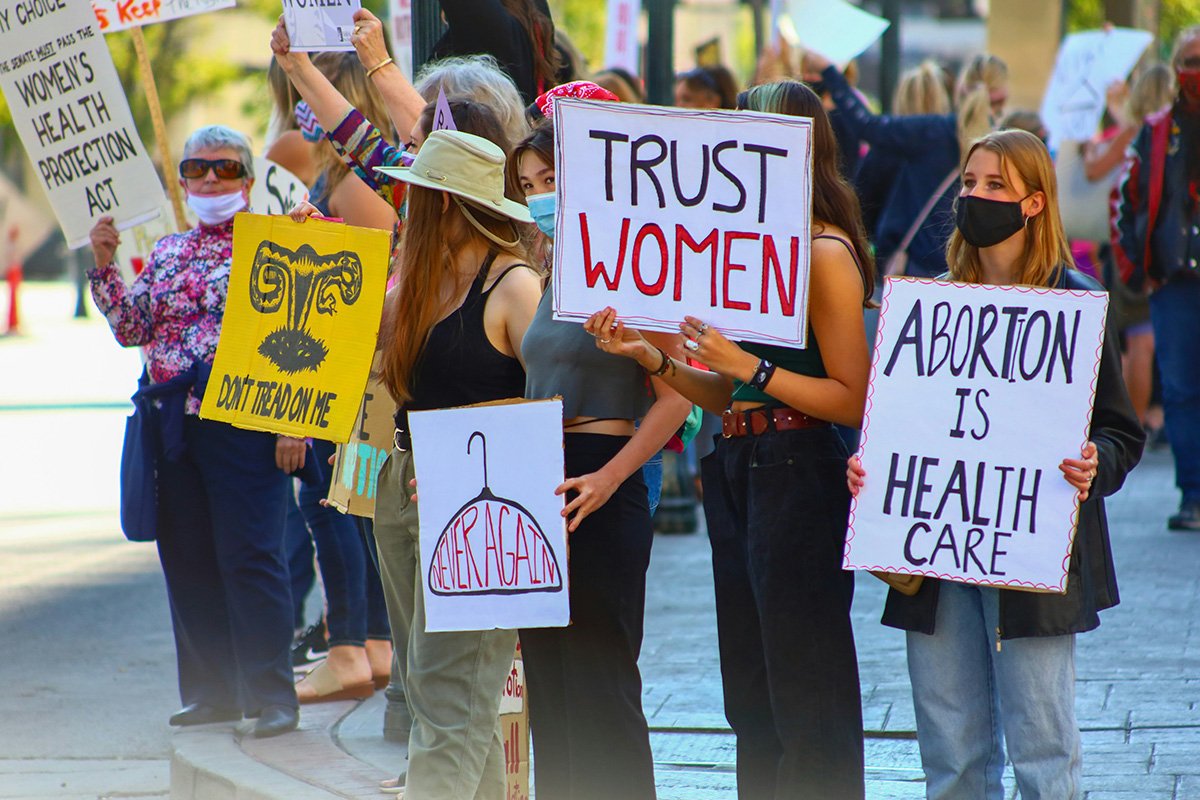January 16, 2014; Forbes
For several years, the media and Congress have reported horror stories about aggressive collection practices employed by some nonprofit hospitals. For example, NPQ noted the controversy about the collection practices at Fairview Health in Minnesota. Under pressure from various groups, including the Minnesota AG’s office, Fairview terminated its contract with a third-party collection agency and, ultimately, dismissed its CEO in 2012.
The IRS recently issued a technical memo called a Notice of Reliance, essentially telling nonprofit hospitals that, while proposed regulations on collection practices have not yet been issued, they may rely on guidance the IRS provided in 2012 and 2013. While not having the force of law, the IRS notice tells nonprofit hospitals that their voluntarily complying with the rules proposed in 2012 and 2013 will be counted as being in compliance with whatever final regulations are enacted. [We note that the IRS rules awaiting drafting are intended to implement the Patient Protection and Affordable Care Act (PPACA or ACA), also known as Obamacare, which was passed almost four years ago in March, 2010.]
Sign up for our free newsletters
Subscribe to NPQ's newsletters to have our top stories delivered directly to your inbox.
By signing up, you agree to our privacy policy and terms of use, and to receive messages from NPQ and our partners.
What does the IRS’s Notice of Reliance mean for nonprofit hospitals and patients? Simply, hospitals are still allowed to collect debts owed by patients. However, hospitals should give patients 120 days after the first bill is received to decide whether to seek financial assistance in paying the bill (for example, applying for Medicaid or the hospital’s own charity care program) before instituting “extraordinary” collection procedures. “Extraordinary practices” include legal actions such as suing a patient, placing a lien on their property, and garnishment of wages to collect the debt. If a patient elects to apply for financial assistance, they have an additional 120 days from the application date before hospitals may engage in extraordinary collection practices.
In addition, the selling of a patient’s account to a third party can only happen after the 120-day period (or up to 240 days, depending on the assistance application date). Hospitals following the previously published proposed rules will be considered by the IRS as being in compliance with the draft and final regulations when produced and ultimately implemented.
Organizations representing hospitals and their collection agencies are generally supportive of the IRS move and have similar voluntary guidance on their association websites. This is good news as nonprofit hospitals need to chart a course of financial responsibility—including debt collection—while honoring their charitable mission by not appearing to prey on the patients they serve who are vulnerable financially, or medically, or both.—Michael Wyland












